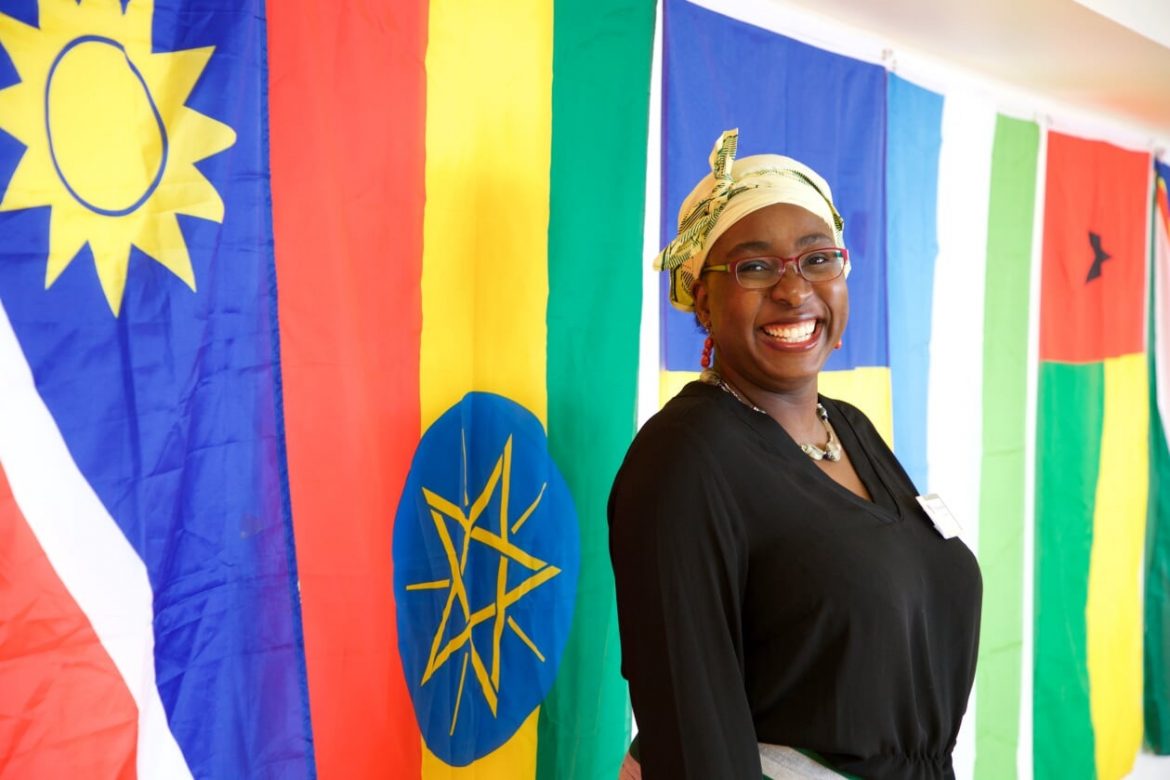
Rubies and Potters – Dr Foluke Adebisi
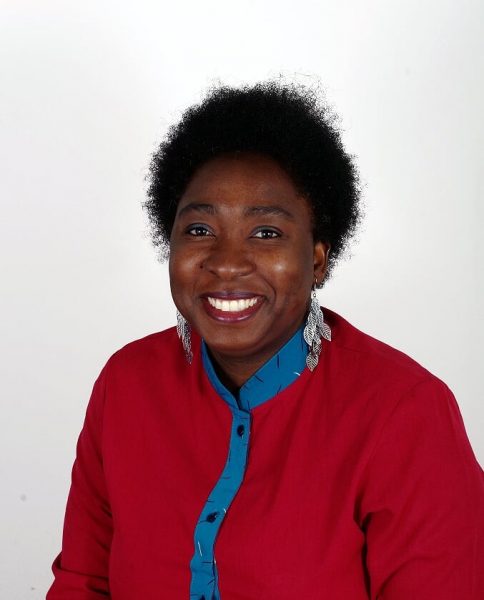
Good day Dr Foluke Ifejola Adebisi (neé Ipinyomi), we’re glad to feature you as a Rubies and Potters Guest on FamilyRubies. Thanks for having me.
Where are you originally from and where do you currently reside? I am a Nigerian from Kogi state, who grew up in Ilorin. I now live in the city of Bristol, United Kingdom.
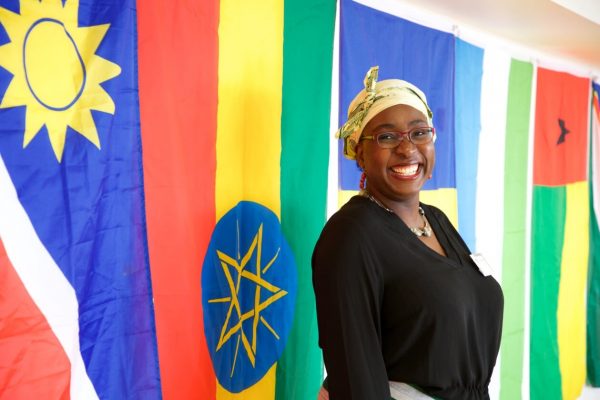
Tell us about your educational background. I studied Law at Obafemi Awolowo University, Ile-Ife, attended the Nigerian Law School where I qualified as Solicitor and Barrister of the Supreme Court of Nigeria. I had my Masters and a Ph.D. degree in Law from Lancaster University.
Why did you study Law?
Law is the study of human order and disorder, the study of chaos and organization, it is an inquiry into the possibility of justice and an interrogation of the means of making justice possible. I must admit that I did not have such a clear picture of law when I began to study it, but when I chose to study it, one of the things I did consider was how to make the world better. Initially, as is true with many who study law, there was some disillusionment about the possibility of law being used to do good things, and then you realize that the law is not an abstraction, the law is a tool, a vehicle, and we, humanity, make the law what it is.
What do you currently do for a living? I teach law at the University of Bristol
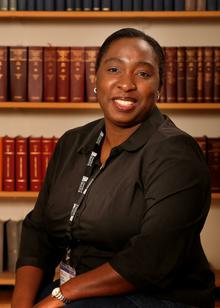
Share your career journey with us and other things you’ve done.
That is a massive one, especially because I always have my fingers in all sorts of pies. Career-wise, I started out as a barrister and solicitor in Nigeria, where I was in private practice under a SAN. I had always intended to go into academia, so I went on to study for my Masters and a Ph.D. I started teaching law during my Ph.D. at Lancaster University, then moved to Bristol to teach there. Along the way, I have done a considerable amount of research, started a blog (Foluke’s African Skies at folukeafrica.com). I do spoken word poetry, sing, do NGO work and I’ve set up FACE.
What is the Pan-African agenda you’re driving all about?
Pan-Africanism is the belief that African people, in the African continent and in the Diaspora, share not merely a common history, but a common destiny. Our common history is undeniable, as a matter of historical fact. But thus far, we have been unable to figure out how to forge our common destiny together. Any Pan-African vision transcends nations and the limits of space and place that have been constructed to restrict our identities. Pan-Africanism is a way we can work together to achieve common purposes that will benefit us all.
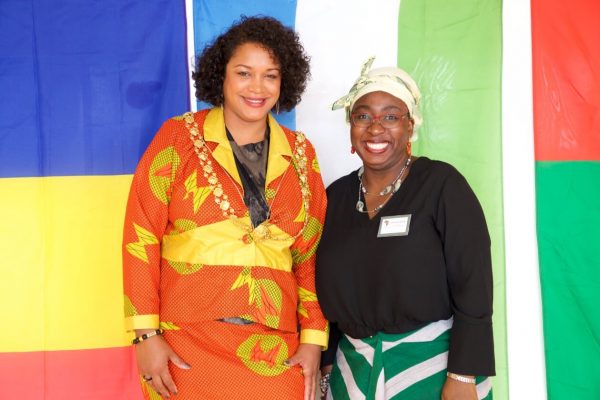
What inspired you to take on this huge project?
I cannot say that any one thing inspired me, I think in many ways, it is a logical next step for me and it goes hand in hand with my academic research and teaching. A lot of my research is around decolonization as a term that extends beyond what happened in the 1960s. Decolonization of knowledge also informs new waves of Pan-Africanism. Accurate study of Africa (and blackness) is central to examining how anti-black systems rise and fall on the same ideologies. Therefore, we need new ways of interpreting the Pan-African experience within all sectors of education and society. New ways of researching our lived experiences; new ways of implementing reciprocal research. Decolonization of knowledge involves the de-hierarchization of knowledge. It involves acknowledging and confronting the hierarchies and exclusivities upon which we have built our world(s) including some people and excluding others. And if we want to change the world we need to start from the point of what we know, how do we know what we know and the effect that has had on the social construction of the world.
When and how did you start FACE -Forever Africa Conference and Events?
It has been floating in my mind for some years, and I had been putting it off as well as trying to sell it to other people. Sometime in 2017, I decided I would start it soon… I mentioned this to one of my students and she said, ‘When? Can we do it now?’ And I thought ‘why not?’
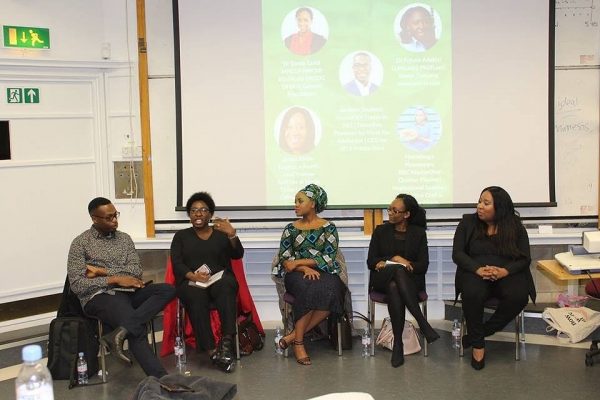
What do you hope to achieve through the FACE initiative?
I hope that we can change the narrative on a macro-level and facilitate change on a micro level. Black students in higher education institutions in the UK often feel alienated and isolated within their universities. One of the aims of FACE is to foster a sense of belonging and pride in black students. There is evidence that, because of these feelings of isolation, black experiences being excluded from the curriculum, the effects and structural and direct racism, black students are reluctant and unlikely to enter into academia. This means that these issues remain. FACE aims to bring together different aspects of research of and in Africa to show to students and each other, the academic and research possibilities that black students can feel connected to. This will open up new avenues of research based on lived experiences that do not feel alien. We also hope to facilitate interdisciplinary and partner research on Pan-African issues, help close the attainment gap, support research and field trips across the Pan-African sphere, help with employability issues as they arise… among other things. You can read a summary of what happened at the launch event here:
What did it feel like winning the Xn Foundation award for formidable dedication and innovative pursuits for Africa? Did you envisage this while taking on the research?
I was elated to win the award, it is not something that can really be contemplated, so I was surprised and very grateful to Xn for thinking my work merited an award.
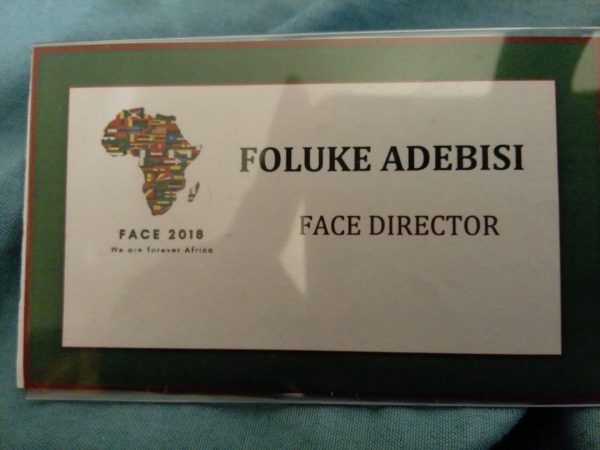
What has been your greatest challenge so far? Time – there is not enough of it.
What would you say your greatest achievement on this journey has been?
That would be seeing the faces of my students when they are happy in their work or getting emails from them, telling me what they have been up to, and knowing that I have helped in any small way.
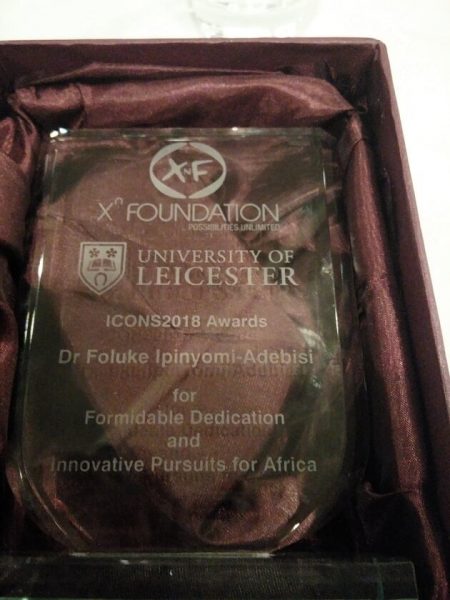
What would you consider your greatest strength as a person? Faith
What do you love the most about what you do? Meeting people
What is your favorite color? I love all the colors.
What are the two favorite pieces in your closet right now? Black trousers and an Ankara top my mother sent to me.
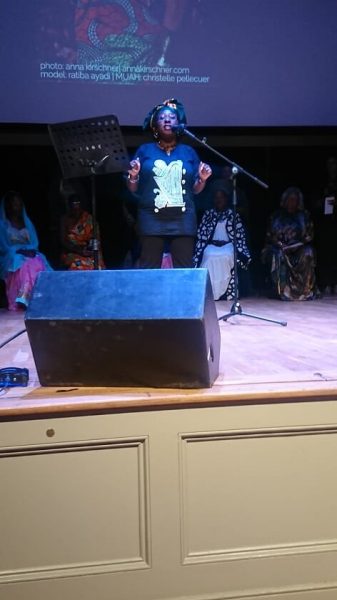
What is your favorite food?
Pounded yam, with efo or egusi soup. I have a bias for goat meat. Washed down with malt. LOL!
Favorite life quote: This changes often but one of my favorites is “I write for young girls of color, for girls who don’t even exist yet, so that there is something there for them when they arrive” by Ntozake Shange
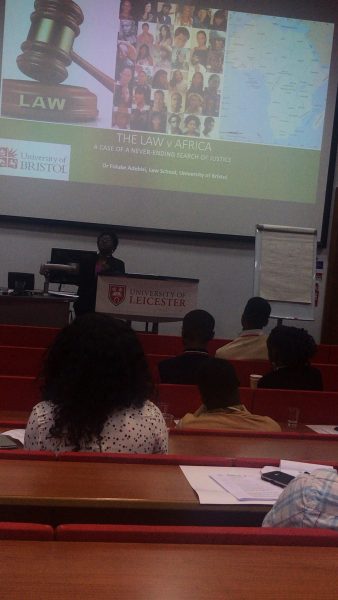
How supportive of your career has your family been? Very, very supportive.
Where do you see yourself taking FACE in the next 5 years? Moving forward to achieve the goals I have listed above, bigger conferences, wider reaches, connecting people.
Do you have any political ambition? Not in the least.
Shout out/Closing remark? Read my blog, learn about FACE, let’s do this, together. Thank you FamilyRubies.
You’re an inspiration ma’am, thanks for your time.
To be our next guest or sponsor a guest, fill out our REQUEST FORM
Contact us at familyrubies@gmail.com or Instagram @familyrubies for all other inquiries
Follow us on IG @rubiesandpotters and @familyrubies
Disclaimer: FamilyRubies is not taking credit for any pictures featured on this guest feature/blog.
FamilyRubies…where true beauty and greatness reside
Comments
0 comments
